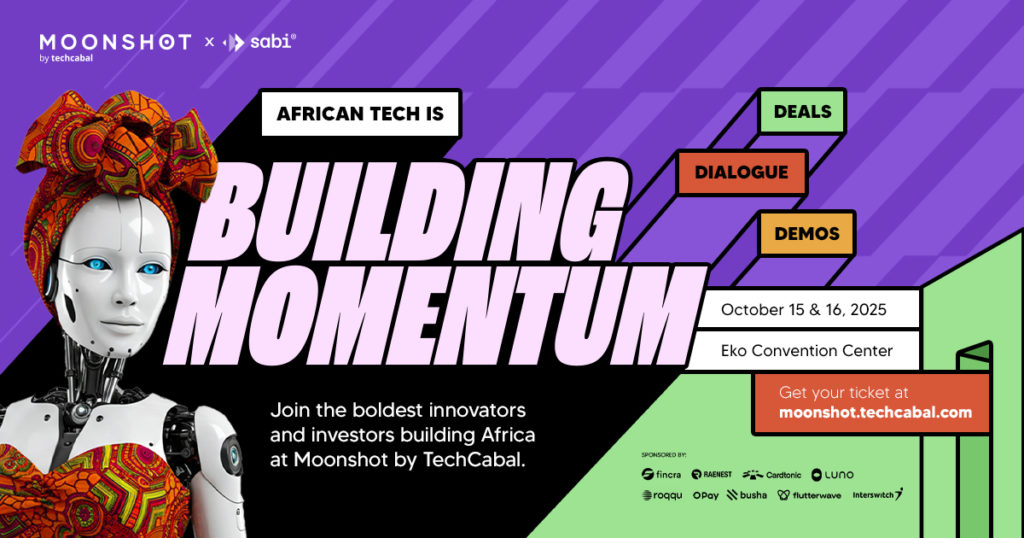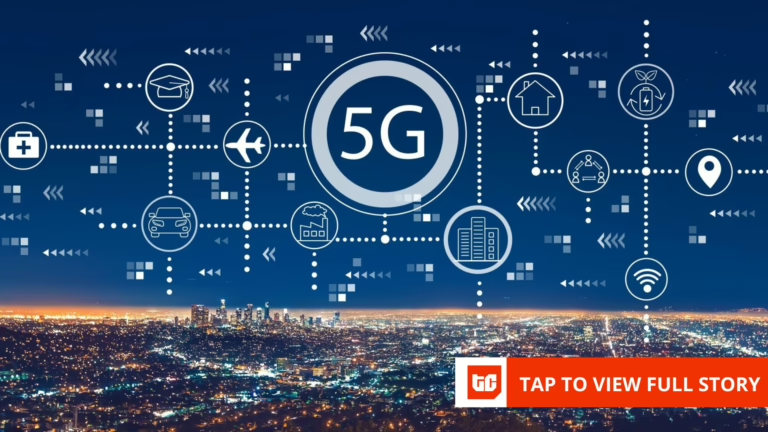In 2024, only about 1% of Africans were connected to 5G networks, despite an investment of $28 billion in next-generation mobile infrastructure over the previous five years. Data from the International Telecommunications Union (ITU) and UNESCO reveal a stark contrast between the substantial financial commitments and the actual uptake by consumers, with the majority still dependent on legacy mobile technologies.
According to the State of Broadband in Africa report published on September 11, 2025, over half of the continent’s mobile connections remained on 3G by the end of 2024, while 4G accounted for roughly one-third of all connections. Meanwhile, 10% of users continued to rely on 2G networks. Although 3G usage is anticipated to decline as 4G coverage expands, 5G adoption is forecasted to reach only 17% by 2030-significantly lower than in more developed markets where 5G is rapidly gaining ground.
This slow progression highlights a widening digital divide that threatens Africa’s ability to compete in the global digital economy. Despite the influx of billions into advanced network technologies, many Africans remain tethered to slower, outdated systems, restricting their access to the high-speed internet essential for innovation in sectors like education, healthcare, e-commerce, and manufacturing. Without affordable devices, expanded network reach, and stronger policy support, 5G risks becoming an exclusive service for a privileged few rather than a driver of widespread digital inclusion.
The obstacles extend beyond network deployment. In rural regions, where installing fiber optic cables is expensive and often delayed, telecom providers are exploring alternatives such as fixed wireless access and cellular backhaul solutions to close connectivity gaps-either as permanent fixes in remote locations or temporary measures until fiber infrastructure is established.
For instance, in Senegal, a partnership between Ericsson, Yas, and the Ministry of Education has leveraged fixed wireless access to bring internet connectivity to schools that were previously offline. This initiative combines connectivity with digital learning resources, demonstrating how innovative approaches can deliver social benefits even when full 5G coverage is not yet feasible.
As the report emphasizes, “The future of connectivity in African nations will depend on effectively blending various technologies to optimize economies of scale, reduce costs, and expand coverage, thereby enabling more advanced services for users.”
Nonetheless, commercial 5G deployments are underway. Vodacom Mozambique has introduced the country’s inaugural 5G services, and Benin has also begun initial rollouts.
Nigeria, the continent’s largest telecom market, is steadily growing its 5G presence. By September 2025, approximately 3.1% of Nigeria’s 171 million active mobile subscriptions were on 5G, equating to over 5.2 million users across providers like MTN and Airtel. MTN leads with more than 10 million customers within its 5G coverage area and over 4.6 million active 5G subscribers. Despite this progress, 4G still dominates nearly half of Nigeria’s mobile connections, reflecting a gradual adoption curve among the broader population.
South Africa presents a contrasting scenario. By September 2025, 5G penetration had reached about 13% of subscribers, with over 10.8 million users and coverage extending to more than half the population. Major operators such as Vodacom and MTN have been instrumental in driving this growth.
Telecom companies remain optimistic about the future. Capital expenditure in Sub-Saharan Africa is projected to hit $62 billion between 2023 and 2030, forming part of a global $1.5 trillion investment in next-generation networks, according to ITU and UNESCO. A significant portion of this funding will support 5G expansion. Collaborative efforts between the private sector and governments, like Ericsson’s partnership with Nigeria to establish innovation hubs and incubators, are designed to cultivate ecosystems that maximize the returns on these investments.
Save the date! Moonshot by TechCabal returns to Lagos on October 15-16. Join Africa’s leading founders, creatives, and tech innovators for two days of inspiring keynotes, networking, and forward-thinking ideas. Secure your tickets now at moonshot.techcabal.com



















0 Comments